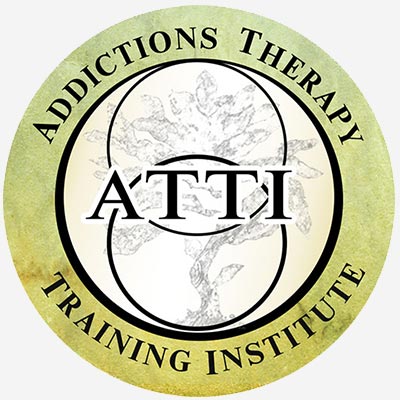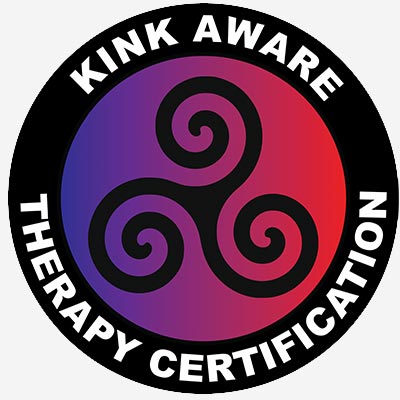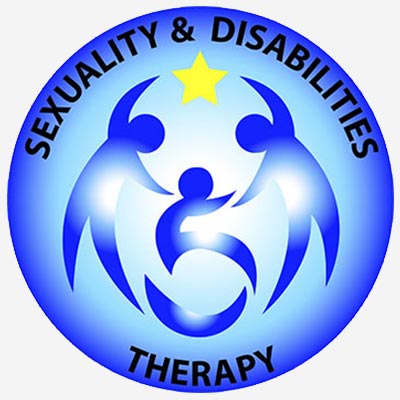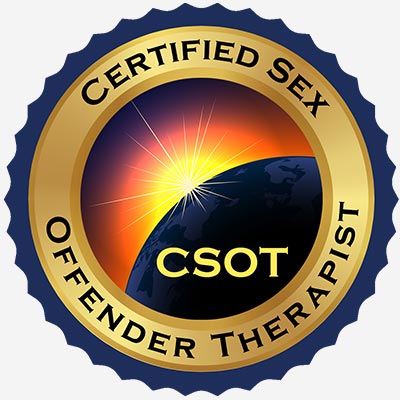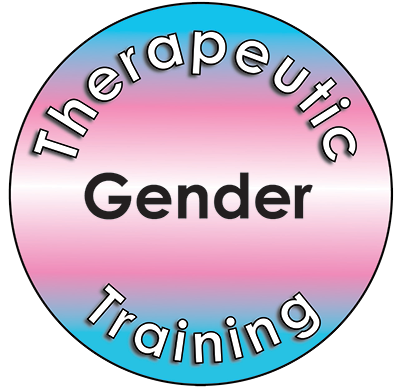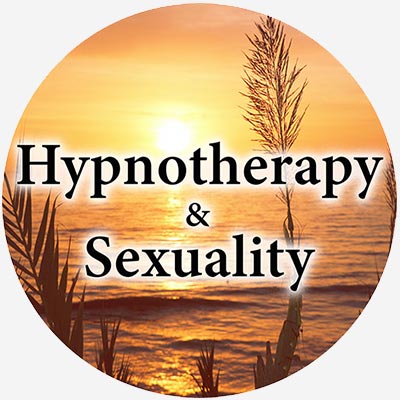Individual Specializations
The IICS doctoral program consists of three parts – Clinical Sexology Education, a Specialty concentration related to sexology, and a dissertation or doctoral project.
Specialty Concentration Overview
While all IICS PhD students complete a specialization as a part of their studies, our specialization courses are also available to non-PhD students as standalone programs offered through the Therapy Certification Training (TCT) - Click here.
These programs can be pursued independently and may be eligible for credit toward the IICS doctoral program in the future. Specialty concentrations include: Behavioral & Substance Addiction Therapy, Sex Offender Therapy , Sexuality and Disabilities , Therapeutic Gender Training, Kink Aware Therapy, Hypnotherapy and Sexuality.
This program offers a comprehensive approach to substance and behavioral addictions, including sex and pornography addiction, gambling, shopping, eating disorders, sports betting, etc. It is grounded in the premise that the root of addiction is the pursuit of stimulation, with the brain seeking sources of reward and escape from pain.
Addiction touches nearly every aspect of modern life, influencing not only individual wellbeing but also the health of our intimate, familial, and professional relationships. For clinicians, recognizing the dynamics of the addictive process is essential to providing competent, ethical, and compassionate care. This program equips professionals with the clinical expertise needed to understand addiction in all its forms—chemical, behavioral, and relational—and to address it through evidence-based, trauma-informed interventions. Emphasizing the highest standards of practice across disciplines, the curriculum prepares clinicians to confidently identify, assess, and treat addictive patterns while supporting long-term recovery and connection.
- SAC 701 Principles of Addiction and Treatment
- SAC 702A Evaluation, Assessment & Co-occurring Disorders
- SAC 702B Evaluation, Assessment & Co-occurring Disorders 2
- SAC 703 Family Systems & Co-dependency
- SAC 704 Service Modalities and Models of Treatment
- SAC 705A Treatment Planning and Relapse Prevention
- SAC 705B Treatment Planning and Relapse Prevention
- SAC 706 Medical, Mental Health, & Pharmacology
- SAC 707 Ethical and Behavioral Standards
- SAC 708 Cultural Diversity & Special Populations
This specialty can be pursued either within the IICS doctoral program or as a standalone certification through the TCA.
This graduate-level specialization is designed for clinicians seeking advanced expertise in working with Kink and BDSM populations. Through more than 120 hours of live and independent study, participants gain an in-depth understanding of BDSM culture, practices, and interpersonal dynamics—preparing future sexologists to provide informed, ethical, and affirming care to individuals within these communities.
The curriculum explores human sexuality, power, and connection through a kink-aware, trauma-informed lens. Topics include the history and evolution of BDSM, current practices and identities, and the ways in which societal narratives shape perceptions of erotic expression. Emphasizing inclusivity, empathy, and professional integrity, this program develops the knowledge and skills necessary to meet the unique needs of Kink and BDSM clients. Graduates emerge with enhanced cultural competency, the ability to support consensual and diverse expressions of sexuality, and the confidence to foster safe, empowering therapeutic environments for all clients.
- KAT 701 Foundations and Principles of Kink and BDSM
- KAT 702 Myths and Misconceptions
- KAT 703 History of BDSM and Power Exchange Dynamics
- KAT 704 Legal and Ethical Practice
- KAT 705 Kink in Cultural Contexts
- KAT 706 Intersection of Kink, Addiction, and Sexual Dysfunctions
- KAT 707 Kink, Consent, and Abuse Dynamics
- KAT 708 Love, Kink, and Alternative Lifestyles
- KAT 709 Clinical Considerations and Biases
- KAT 710 Best Practices with Therapeutic Kink
This specialty can be pursued either within the IICS doctoral program or as a standalone certification through the TCA.
The program consists of 10 subject areas delivered through the framework of disability rights and disability justice. It is designed to equip students with a comprehensive understanding of the diverse sexuality-related challenges faced by individuals with developmental and/or physical disabilities across the lifespan.
This program is ideal for both experienced practitioners seeking advanced disability-focused training and early-career sexuality professionals aiming to specialize in disability-inclusive care.
- SDT 701 Historical Context: What is Ableism? What is Sexual Ableism?
- SDT 702 Overview of Congenital Physical Disabilities and How They Can Affect Sexual Functioning
- SDT 703 Intellectual Learning and Psychological Disabilities Overview (Sexual Consent Issues, Etc.)
- SDT 704 Sex and Autism 101
- SDT 705 Working with parents, families, partners, and the disability social support system
- SDT 706 Sexuality and Acquired Disabilities: SCIs, TBIs, STIs
- SDT 707 Disability and Sex Work
- SDT 708 Disability and Alternative Sexual Lifestyles (LGBTQ+, BDSM, etc.)
- SDT 709 Aging Disability and Sexuality
- SDT 710 Sexuality and Dementias
This specialty can be pursued either within the IICS doctoral program or as a standalone certification through the TCA.
The Sex Offender Therapist Program provides advanced clinical training for
licensed mental health professionals seeking to work with adult and juvenile sexual offenders in forensic, community, and correctional settings. This certification develops the knowledge and applied skills necessary to assess, treat, and manage individuals exhibiting sexually abusive or problematic behaviors while emphasizing public safety, accountability, and trauma-informed, ethical care.
Delivered via Zoom webinar, this format allows global participation in the CSOT training. For existing mental health clinicians, the program meets the training requirements set by the State of Florida.
- SOT 701 The Sexual Offender: Foundational Theories and Development
- SOT 702 Development Sexuality and Arousal Patterns
- SOT 703 History of Sexual Deviance and Victimology
- SOT 704 Safety Planning, Incest, Pedophilia, and Family Dynamics
- SOT 705 Evaluation and Assessment I (Adult & Juvenile)
- SOT 706 Evaluation and Assesment II: Advanced Risk and Treatment Integration
- SOT 707 Treatment of Adult and Juvenile Sexual Offenders
- SOT 708 Special Populations in Sex Offender Treatment
- SOT 709 Legal and Ethical Issues in Forensic Counseling
- SOT 710 Clinical Supervision and Certification Capstone
This specialty can be pursued either within the IICS doctoral program or as a standalone certification through the TCA.
This program involves 11 subject areas (including a clinical practicum and supervision), and equips clinicians to serve gender-diverse populations effectively. Many therapists lack the expertise to address the unique challenges faced by transgender clients, particularly in navigating transition-related issues.
Beyond supporting clients through gender identity exploration and transition, therapists are often required to provide letters of recommendation for hormone therapy and surgical interventions. This program allows clinicians to build a specialized practice while serving an underserved population—geographically, therapeutically, and medically.
- TGT 701 Foundations of Gender Diversity
- TGT 702 Gender Identity Development and Lifespan Considerations
- TGT 703 Minority Stress and Mental
- TGT 704 Medical Aspects of Gender
- TGT 705 Gender-Affirming Therapeutic Approaches
- TGT 706 Supporting Youth and Families
- TGT 707 Legal and Ethical Issues in Transgender Care
- TGT 708 Remediation, Regret, Detransition
- TGT 709 Intersectionality and Cultural Competence
- TGT 710 A Working with Trans Masculine, Trans Feminine, and Nonbinary Clients
- TGT 710 B Advocacy, Allyship, and Systems Change
This specialty can be pursued either within the IICS doctoral program or as a standalone certification through the TCA.
This specialized program empowers therapists to integrate hypnotherapy into their practice to address a wide range of sexual health concerns. Develop advanced knowledge and hands-on skills for working with sexual dysfunctions, intimacy challenges, and relationship dynamics—all under the guidance of seasoned professionals. Enhance your expertise, expand your credentials, and create lasting, positive change in your clients’ lives.
- HYP 701 Principles of Hypnotherapy
- HYP 702 Foundations of Hypnotherapy
- HYP 703 Advanced Practice of Hypnotherapy
- HYP 704 Advanced Practice of Hypnotherapy
- HYP 705 Ethical Practice of Hypnotherapy
- HYP 706 Sexual Dysfunction Treatment
- HYP 707 Sexual Dysfunction Treatment
- HYP 708 A Clinical Application with Special Populations
- HYP 708 B Clinical Application with Special Populations
- HYP 708 C Clinical Application with Special Populations
This specialty can be pursued either within the IICS doctoral program or as a standalone certification through the TCA.

